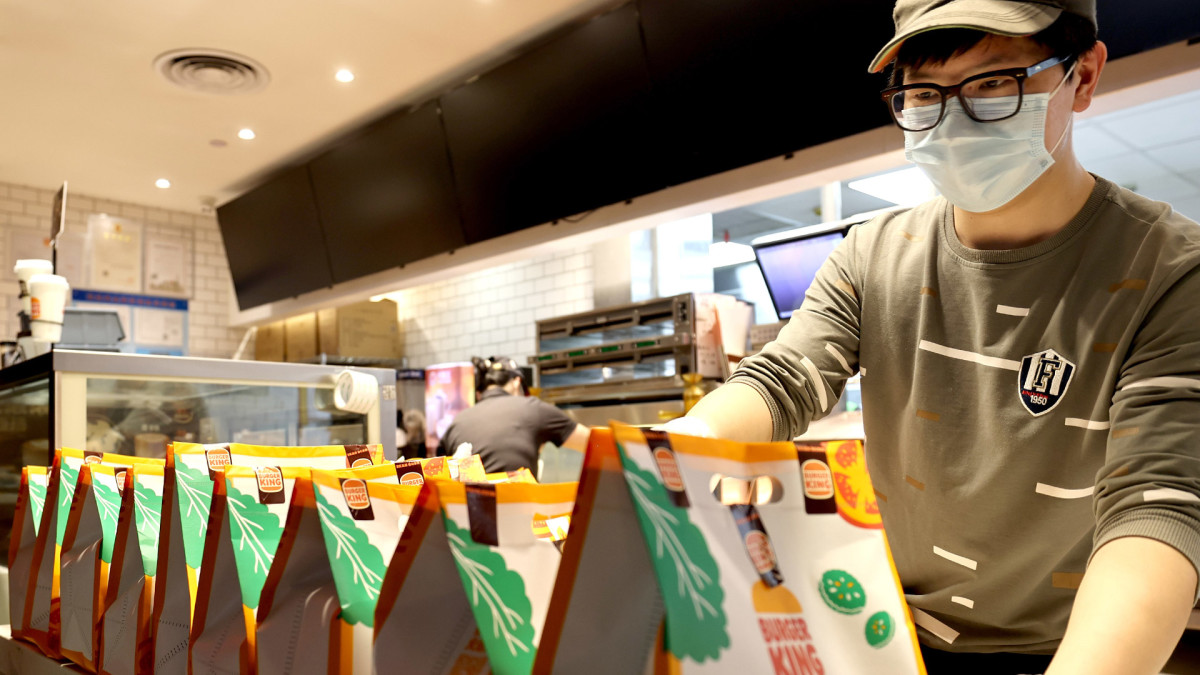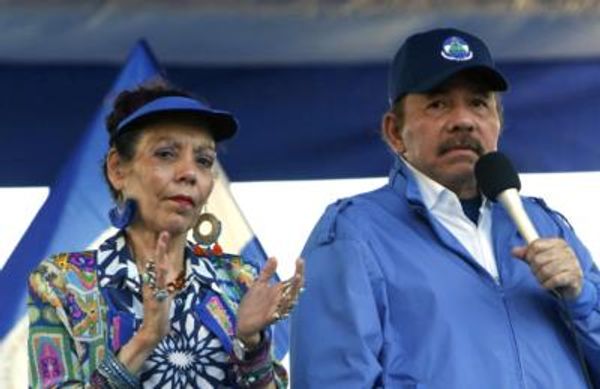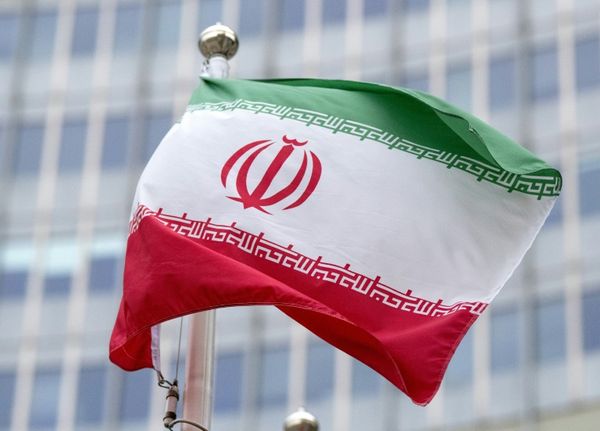
Fast-food chains have faced a rising tide of drags on their business. Supply chain issues have pushed prices higher on many of the items that make up their menus.
That's not as big a factor for the biggest chains like McDonald's, which literally controls the supply of certain items because it uses them on such a massive scale. Smaller players, however, have struggled to source some products and have faced much higher prices on others.
In addition to higher food and packaging costs, a strong labor market has pushed wages higher. What used to be, in many cases, a minimum wage field now routinely has to pay wages much higher than that even in entry-level positions.
Related: Struggling big name brand files Chapter 11 bankruptcy
With Target, Walmart, and other retailers — businesses competing for the same service industry workers — routinely paying $15 an hour as a starting wage, many fast-food chains have to match that.
Fast-food restaurants are also struggling with shifting customer habits. Some chains simply now have locations in the wrong place as some companies never returned to their offices, putting some restaurants in areas that are now longer crowded at lunchtime.
The big players, led by McDonald's (MCD) -) and Starbucks, have also invested heavily in digital and delivery. Not being able to do that has been a drag on smaller chains.
Those factors, along with the high cost of borrowing money, have pushed some smaller chains and operators of major franchises, including multiple Burger King franchisees into bankruptcy.
Now, the owner of one big-name fast-food/fast-casual chain has filed for bankruptcy.

Image source: Chen Jianli/Xinhua via Getty
Boston Market has struggled for years
It has not been a good year for Boston Market. The once-thriving chain has seen multiple locations close over the past year and in May its headquarters was seized over $300,000 in unpaid taxes.
The company was acquired by Engage Brands, LLC, a sub-brand of the Rohan Group, owned by Jignesh Pandya in 2020. That was a relationship that started on a hopeful basis.
The Boston Market CEO Eric Wyatt issued a statement when Pandya's company took over during what turned out to be the early days of the covid pandemic (April 2020).
Engage Brands brings an enthusiastic, experienced, and successful ownership group to Boston Market, as well as access to resources that we need to continue to operate our business in this challenging environment. With the strategic and financial backing Jay and his team bring, we will continue to focus on key operational initiatives to improve guest experience, menu development, and focus on the growth of our brand. We are now well-positioned to achieve future success during a period of unprecedented disruption for our industry."
Those things largely did not happen as Pandya struggled financially leaving a trail of "lawsuits from vendors, franchisors, and employees regarding unpaid bills," Nation's Restaurant News reported.
Boston Market's owner files for bankruptcy
Pandya filed for personal bankruptcy Dec. 8 with the Eastern District of Pennsylvania Bankruptcy Court. In the filing, he said he had $10-$50 million in liabilities and the same range for assets in his bankruptcy paperwork," NRN reported.
The move has happened while Pandya has also faced legal issues with his ownership of Yum Brands Pizza Hut locations. A judge ruled against Pandya in that case and an appeals court upheld an $11 million judgment against him.
Boston Market has about 300 remaining locations. It's unclear whether those locations will be able to continue to operate during the bankruptcy proceedings. The chain, it should be noted, has not filed for bankruptcy. This is a personal filing from its owner and the court will decide whether the restaurant can continue to operate in the best interests of Pandya's creditors.
Neither Rohan Group nor Boston Market has a readily available media contact and the restaurant chain does not accept direct messages on X, the former Twitter.







